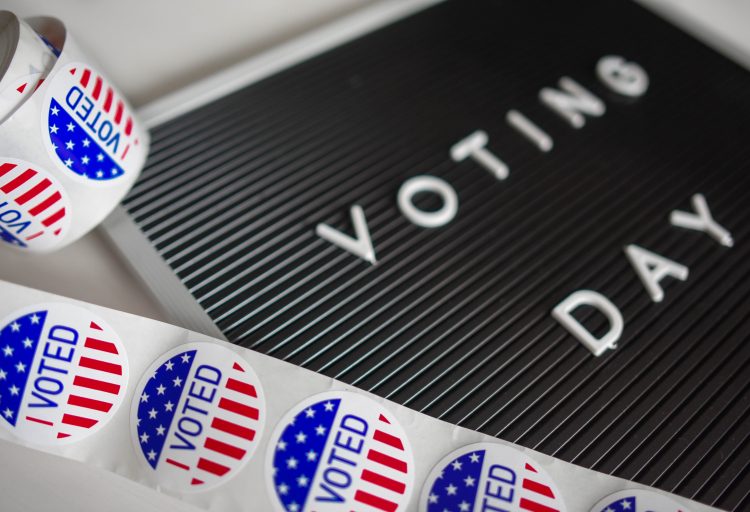Since 1943 the APSU Student Government Association (SGA) has served the campus of the Govs, seeing to the benefit of all collegiate affairs and trying to help progression of the student body.
The SGA serves as the voice for all students and maintains the liaison between students and the faculty, staff and university administration.
The SGA is comprised of executive board, senate, and student tribunal judicial board.
As the years progress, the complex issues involving the campus happen causing the potential for the SGA to be strengthened by those issues.
Every year is a year to do better for the SGA, as there is no stoppage in progression.
This semester, the SGA senate consists of President Courtney Covington, Vice President Trenton Delane, Executive Secretary Hailee Crawford and Chief Justice Ashlyn Whittaker.
The leadership of SGA makes sure that the student voices that wishes to be heard are heard within our campus community.
One of the big advancements this year is the particular conduction of the SGA meetings, which are held every Wednesday night at 5 P.M. in MUC 307.
Students are welcome to not only attend, but also to participate. During the first ten minutes of the meetings, the floor is open to any questions or concerns that the students would like to make the SGA senate aware of.
“The main reason for this is that we want the student body to be well-rounded. We (SGA) want to be the voices of APSU students and by doing so, we need to hear their own. We need to hear their concerns and ideas about how to make the campus a better environment for people,” Covington said.
Whittaker provided input on this topic as well.
“We want to hear what students want and need because we are essentially the voice of students. We all truly want to hear what the students are concerned about, and that is a great place to start in my opinion,” Whittaker said.
In particular, to Covington and the rest of the senate, they particularly stress the participation of the younger student body, as well as anyone who is to be of a minority group.
“It’s my job and my senators to capture the voices of the freshmen, the new people, and those who want to get involved,” Covington said.
A recent development in taking care of this was the establishment of Green and Safe Zones, administered last year by Sen. Dereka Jones.
The Green Zone and Safe Zone training sessions were put in place due to the SGA witnessing a rising number of specific needs over the years.
As per the APSU Military Student Center website link, The Green Zone is “an initiative to support student veterans by designating locations recognized as a ‘safe place;’ identify faculty and staff at APSU who are knowledgeable about issues faced by military affiliated students and the resources available to assist them; participants are identified by a Green Zone emblem located outside their office door and on their syllabus; a way to be supportive and give back to those who have sacrificed for others; helps faculty and staff provide supportive services necessary to ensure that military affiliated students are successful in their academic pursuits, adjust to the campus environment, and eventually transition to civilian employment.”
As noted on the APSU MSC website, a Green Zone volunteer/ally consists of “APSU and faculty who identify themselves as someone who is aware of the issues and concerns faced by military affiliated students; someone who is available to assist the student; someone who has completed the Green Zone training.”
The college lifestyle for many veterans can be difficult, as many try to readjust from their time spent in the military.
The Safe Zone training is directed towards the LGBTQ+ population. With these Safe Zones, they can seek help and guidance from faculty or staff members of the college campus.
“The reason we are now offering these trainings when we haven’t in the past is fairly simple. It did not pass through Senate in the past on the basis that you cannot require people to do things or to subscribe to beliefs that they may not align with,” Crawford, a senior and transfer student from the University of Alabama, said.
“The fact that the university cannot even require this training for faculty was often cited in previous discussions. However, the fact that there was a discussion on this legislation indicated to the current EC that this was something that many students on the SGA wanted to participate in. So, we’ve made it available for those what wish to utilize it.” Crawford said.
This step shows how prepared the SGA is in dealing with not only the present campus aspects, but for the future as well.
Throughout the past years, we have seen an increase in both military and LGBTQ+ students who wish to make APSU their collegiate home.
For more information about SGA, or to apply for open positions as well as weekly SGA meetings please visit www.apsu.edu/sga/


